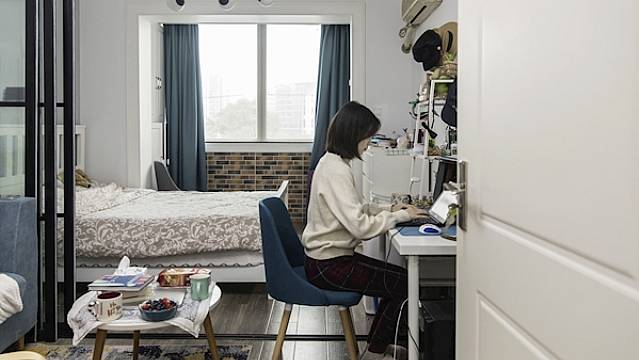"It was fundamental to regulate remote working to protect the rights of workers," deputy prime minister Pablo Iglesias told state-owned TV channel TVE on Tuesday.
"This new rule will boost productivity and the competitiveness of the Spanish economy", as well as the working conditions of the Spaniards who partly worked from home in 2020, labour minister Yolanda Diaz told a news conference later.
Official data show more than 3.5 million people were working remotely in the second quarter.
Under the government's draft proposal, companies would have to bankroll all expenses employees may have when working from home, including computer equipment and furniture, while employees can ask for flexible working hours.
The benefits would only apply to employees who stay home for at least 30% of their work schedule, and employers will have the right to monitor workers' online presence while respecting dignity and privacy.
All home-working arrangements have to be voluntary, both for employers and employees.
The new rules, if approved by parliament, would not apply to home-working schedules that were put in place specifically to deal with the coronavirus pandemic.
Three months after the end of Spain's lockdown, many Spaniards are still working remotely, as social distancing rules limit office capacity.
The labour ministry is also seeking an extension of a furlough scheme that is due to expire on September 30th.
The lockdown marked a big change for Spaniards mainly unaccustomed to clock in from home. Only 3.5% of Spanish workers partly worked from home in 2019, compared with a 9% average in the European Union, according to Eurostat.
With 671,468 cumulative infections, Spain has the highest number of coronavirus cases in western Europe. More than 30,663 people have died since the start of the pandemic. – Reuters







